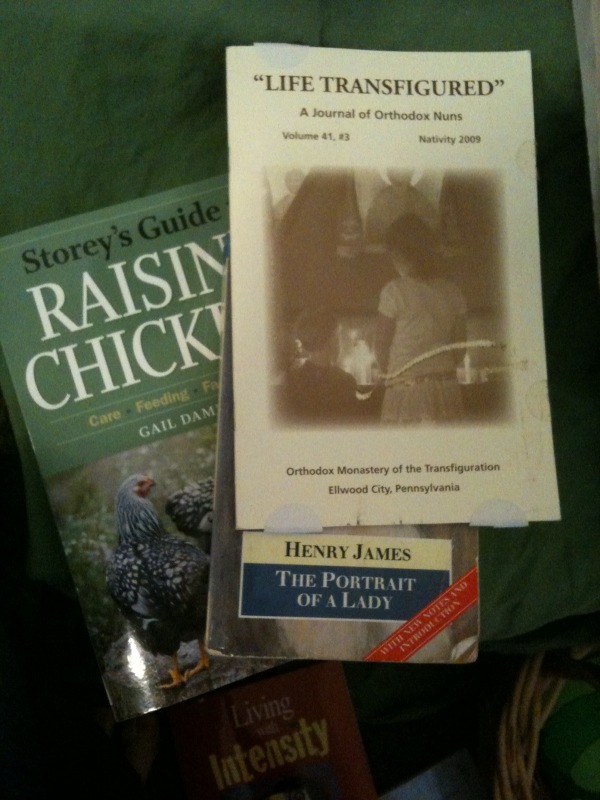Ross Douthat calls him “the man who saved American Catholicism,” and in this inspiring story, you can see why David R. Spotanski, a middle-aged Catholic father of three from the Midwest, may well have earned that accolade.
Spotanski, a layman, was chancellor of the Diocese of Belleville, Ill., whose bishop, Wilton Gregory, was head of the US Conference of Catholic Bishops when the 2002 scandal broke. In early 2002, Spotanski wrote a 10-page memo, which he read to his bishop, in which he laid into the Catholic hierarchy for not caring enough about children, and which offered a blueprint for the restoration of the Church. Because Wilton Gregory took that memo with him on his future meetings with other bishops, the Spotanski document became the basis for reforms the American bishops later made.
Here’s how the Spotanski memo begins:
Every evening when I arrive home from the chancery, my kids race to the door vying to be the first to declare, “I missed you most!” Once we’ve established which of the three has taken the day’s honors, I try to always stop for a moment to consider whether I’ve left our Church better for them than I found it that day or worse. For over fifteen years I’ve been able to answer that question honestly, confidently, and with the satisfaction of knowing I’d played some small part in building the Church in which my children will one day raise my grandchildren. Too many nights recently, though, I’ve awakened at 2:00 or 3:00 in the morning and agonized over that question. Is it enough to do my job, to take care of the business of the day and keep quiet about things I know are already sources of anguish for you, or am I somehow complicit by not speaking out? Too many nights I wake up and wonder if an institution that can be this insensitive to the physical, spiritual, and emotional wellbeing of its most precious members – its very future – is even worthy of my three children’s innocent faith.
You went out on a limb, Wilton, as Bishop O’Donnell had in the Archdiocese of St. Louis before you, when you placed a lay person in a traditionally clerical job, I went out on a limb when I accepted it. I have happily tagged along as you’ve restored faith, hope and pride in the traumatized families of the Diocese of Belleville, and I never balk at an opportunity to share with people that you exude the same pastoral presence away from the crowds and the cameras as you do before them. For whatever reason I have found myself in a special place at a unique and difficult time in the Church, and I do not take that lightly. I have been blessed with the freedom (and, I believe, the obligation) to share daily with the President of the United States Conference of Catholic Bishops a perspective to which he cannot relate. I can speak as a parent.
You should know by now that our children are more important to Sharon and me than anything in the world. Let me repeat that in bold Italics: Our children are more important to Sharon and me than anything in the world. With all due respect, though you probably come as close to understanding the significance of that statement as any bishop in the Church, you don’t. You can’t. No priest, no religious, no lay person who is not a parent can truly appreciate the incredible weight of that single sentence any more than I could before Erin was born. Three children later, I’m not sure I fully grasp it yet, and I know I can’t adequately articulate it for you in a simple memorandum. Similarly, I could never hope to fully comprehend how your pastoral ministry is the most important thing in the world to you. I can witness your vocation and try to appreciate the extraordinary commitment you have made to the Church, but I am not and will likely never be a priest. I may work in your chancery, but I am, above all else, Sharon’s husband and Erin, Jonathan and James’ dad.
As such, just as you are deeply wounded and even angered when I make a comment you believe is not supportive of a Church position or one of Her pillars, so too am I wounded and angered when the Church we both love (and to Whom we have both, in distinctly different degrees, dedicated our working lives) chooses to disregard the wellbeing of Her children — my children — to protect Her own icons and Her image.
You can read the whole memo by clicking through this story. As Ross puts it in his blog remarks:
Basically, it seems that while the princes of the American church were immobilized by denial about the crisis they had brought upon their church, the rough draft of the policy that righted the ship was being written by a middle-aged layman in the Midwest, in consultation with the Catholic dads on his local softball team.
They oughta put up a statue to this good and brave man.

